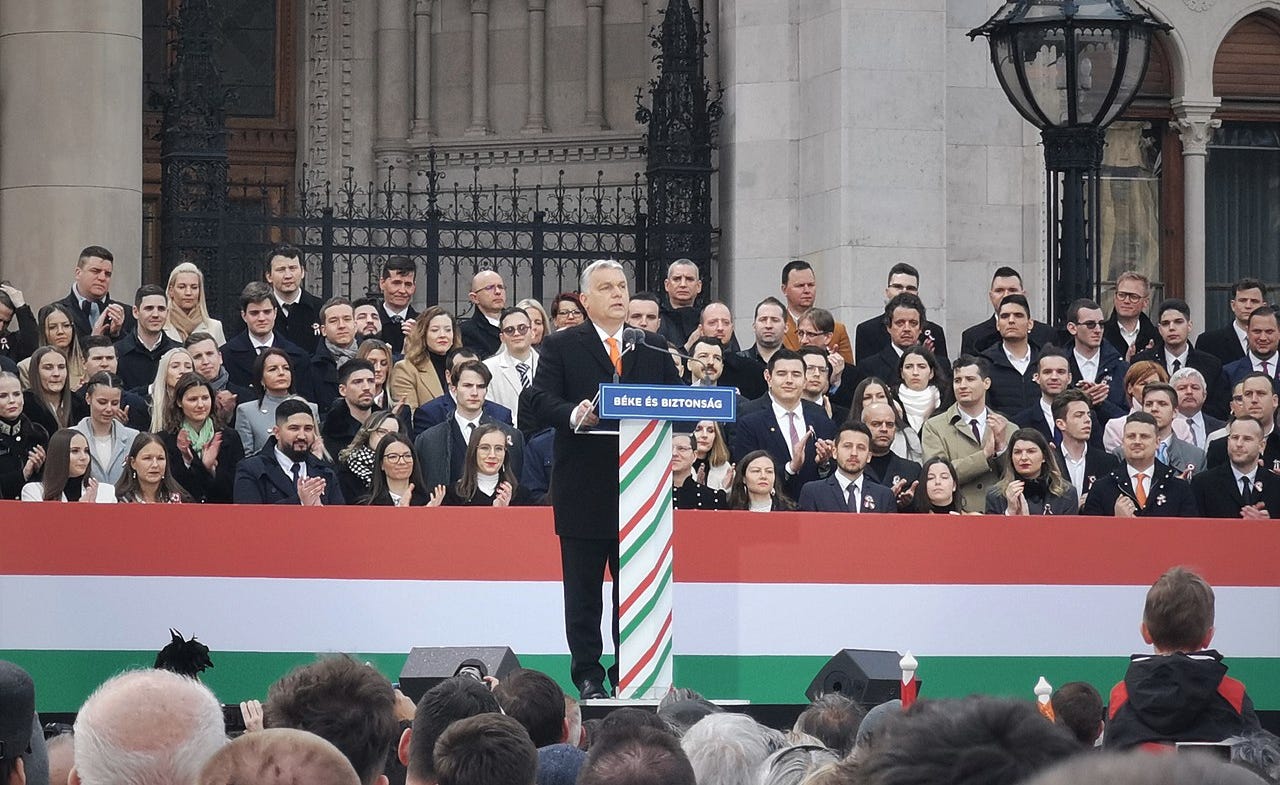The Lessons of Viktor Orbán's Hungary For Modern Governance
Despite repeated electoral victories and subsequently institutionalizing its power, Hungary's largest political party has surprisingly not yet meaningfully changed the country's overall trajectory.

With a population just under 10 million people, Hungary is a mid-sized country in Central Europe. Since 2010, Hungary has been ruled by currently 61-year-old Prime Minister Viktor Orbán and his political party Fidesz. Orbán is the longest-serving head of government of any country in the European Union (EU) and the second-longest-serving of any country in NATO, behind Turkey’s President Recep Tayyip Erdoğan. Whereas tangible change to government institutions and policies via electoral politics is rare in most heavily bureaucratized European countries like France or Germany, Orbán has used his repeated electoral victories to mold Hungarian institutions, not just in government but also in media, higher education, and business. While Hungary is neither a geopolitical nor economic power, Orbán has proved to be a contrarian thinker among European leaders: he has seemingly turned his country into an independent force in diplomacy and foreign policy, as well as taken a strident stance against EU immigration policy and launched a vaunted domestic government policy and financial incentive program to raise Hungarian birth rates.

